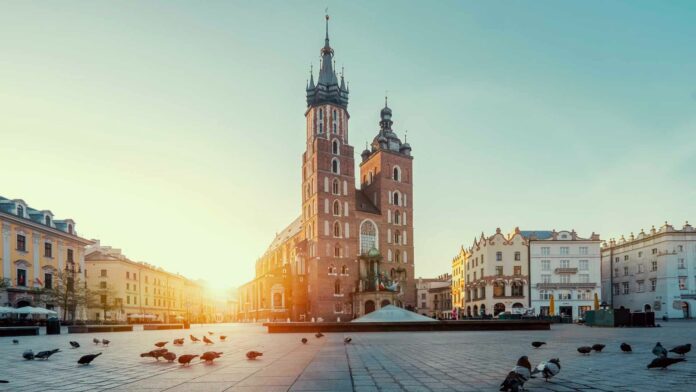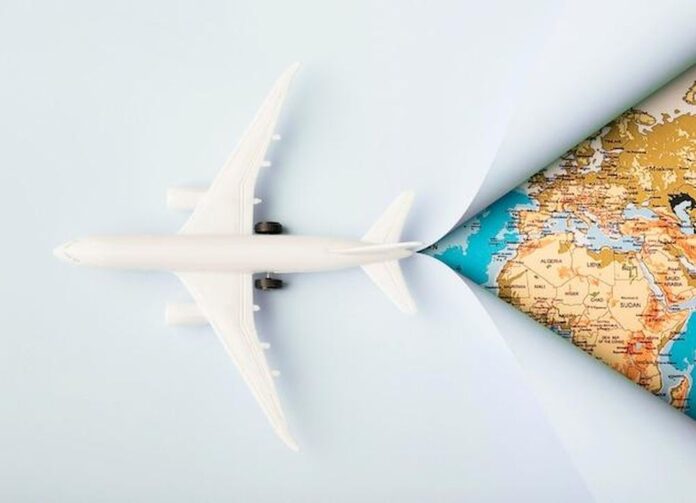Living abroad doesn’t have to mean sacrificing comfort. In fact, with $2,000 a month, you can live well in several countries that offer modern amenities, good healthcare, stable internet, fresh food, and safe communities. For remote workers, early retirees, or anyone ready for a location change, these places balance affordability and lifestyle in a way few others do.
Before we explore where to go, let’s set the baseline: we’re looking at countries where $2,000 monthly covers rent, utilities, groceries, transportation, and some leisure. No extreme penny-pinching. Just smart choices.
Key Highlights
- $2,000 is enough to live comfortably in several countries with great infrastructure
- Portugal offers a mix of low living costs, safety, and European quality
- Asian destinations like Vietnam and Thailand remain top picks for expats
- Latin America features multiple safe, affordable cities for long-term living
- Local real estate markets provide entry points for long-term settlement
- Healthcare access, residency options, and digital nomad support matter
Portugal – European Lifestyle Without the Cost


Average Monthly Rent: $700
Other Monthly Costs: $800
Total Living Cost Estimate: $1,500
Portugal remains one of Western Europe’s most affordable options. The majority of expats settle in Porto, Lisbon outskirts, or coastal Algarve towns. The healthcare system ranks 22nd globally (WHO), and the Digital Nomad Visa is gaining traction among remote workers.
Electricity and internet combined average $120/month. A standard dinner for two in a mid-range restaurant costs around $35.
Projected Price Increase for 2025: 4.5%
Cost Drivers: Rising housing demand and foreign investment
For those considering longer stays or future investment, real estate Portugal is attracting growing interest. Many foreigners are buying property to secure residency through Portugal’s D7 Visa or Golden Visa pathways.
Add in quality healthcare, mild climate, and a large expat presence, and it’s easy to see why Portugal ranks high in both cost and quality of life.
Vietnam – Asia’s Best Deal
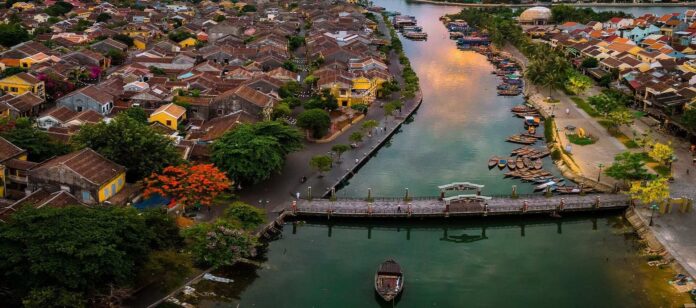

Average Monthly Rent: $350
Other Monthly Costs: $500
Total Living Cost Estimate: $850
Hanoi and Da Nang stand out for affordability. Many expats manage full lifestyles on under $1,000. Public hospitals are affordable, but private clinics cost about $50–$70 per visit. Digital infrastructure is improving yearly.
Mobile internet plans with unlimited data start at $5/month. A Vietnamese street meal costs $1–$2.
Projected Price Increase for 2025: 6.8%
Cost Drivers: Urban development and tourism rebound
Mexico – Latin Comfort Near the U.S.
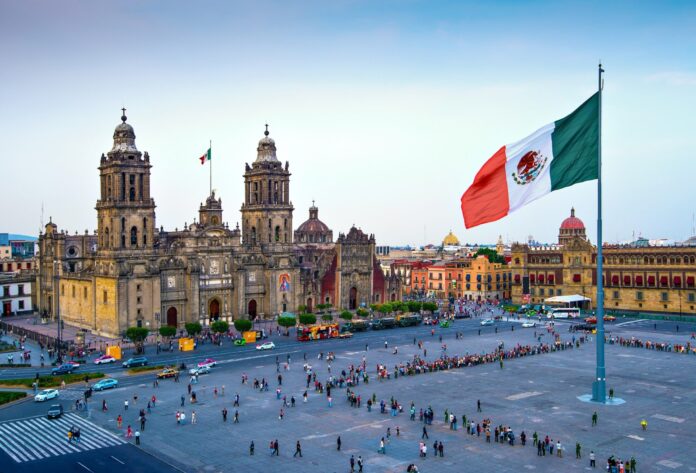

Average Monthly Rent: $500
Other Monthly Costs: $700
Total Living Cost Estimate: $1,200
Mexico’s proximity to the U.S. keeps it popular for expats. In Mérida, rents hover at $450 for 1-bedroom units. Public transport passes cost under $25/month. Safety varies widely by region.
In cities like Oaxaca, utilities are $80–$100/month. A beer at a local bar costs $1.50–$2.50.
Projected Price Increase for 2025: 5.2%
Cost Drivers: Energy costs and food inflation
Georgia – High Value, Low Cost


Average Monthly Rent: $400
Other Monthly Costs: $600
Total Living Cost Estimate: $1,000
Georgia grants visa-free entry for up to 365 days to most Western nationals. Tbilisi combines affordability with solid infrastructure. Groceries and utilities are 30–40% lower than in Eastern Europe.
High-speed home internet is $15/month. Taxi rides average $2–$4 within the city.
Projected Price Increase for 2025: 7.1%
Cost Drivers: Infrastructure investment and tourism expansion
Thailand – Low Cost, High Standards


Average Monthly Rent: $400
Other Monthly Costs: $650
Total Living Cost Estimate: $1,050
Chiang Mai is especially attractive for remote workers. Utilities rarely exceed $100. Healthcare is world-class; hospital consultations start at $25. Thailand is also known for visa flexibility.
Local gyms charge around $30/month. Domestic flights between major cities can cost as little as $40.
Projected Price Increase for 2025: 4.9%
Cost Drivers: Housing demand and labor cost growth
Bulgaria – EU Membership, Low Prices


Average Monthly Rent: $450
Other Monthly Costs: $600
Total Living Cost Estimate: $1,050
Bulgaria’s cost of living is among the lowest in the EU. Sofia and Plovdiv offer quality apartments and excellent public transit. Restaurants are cheap—dining out costs under $20 for two.
Monthly transport passes cost about $25. A decent private health insurance plan is $40–$70/month.
Projected Price Increase for 2025: 3.5%
Cost Drivers: EU-aligned inflation, rising utilities
Colombia – Modern Cities on a Budget


Average Monthly Rent: $500
Other Monthly Costs: $650
Total Living Cost Estimate: $1,150
Medellín continues to draw expats with mild climate, metro system, and cultural mix. Internet, cable, and utilities combined stay under $120/month. Public and private healthcare is highly rated in Latin America.
Expats can enter on a 90-day tourist visa with easy extensions. High-speed internet costs around $25/month.
Projected Price Increase for 2025: 6.0%
Cost Drivers: Urban development, increasing service costs
Romania – A Smart Base in Eastern Europe
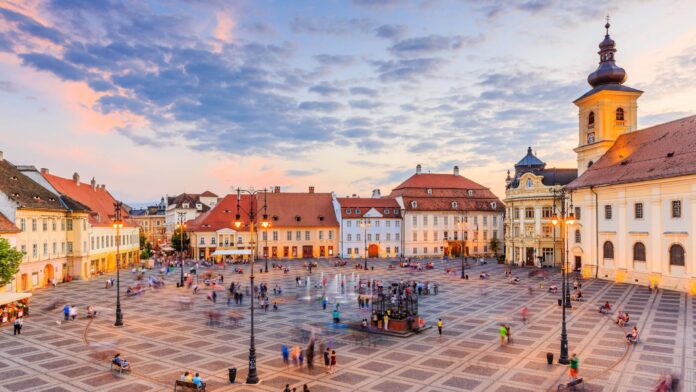

Average Monthly Rent: $450
Other Monthly Costs: $600
Total Living Cost Estimate: $1,050
Bucharest and Cluj are Romania’s digital nomad hubs. Rent and food costs are low, while internet speeds are among the fastest in Europe. Most residents use private healthcare due to quality and affordability.
Romania’s internet speed ranks in the global top 10, with average costs under $12/month.
Projected Price Increase for 2025: 4.0%
Cost Drivers: Tourism recovery and domestic wages
Comparing Monthly Costs Across Countries
Choosing where to live on $2,000 a month isn’t just about picking a beautiful place. It’s a calculation. Rent, food, utilities, healthcare, and inflation trends all affect how far your money will go. To help visualize the differences, we’ve broken down the average monthly living costs across eight of the most popular budget-friendly countries.
The chart below compares total estimated monthly expenses per person. It includes rent for a one-bedroom apartment, utilities, internet, groceries, transport, dining, and essential leisure.
All figures are based on updated 2025 data gathered from expat surveys, local housing reports, and digital nomad resources.
- Portugal is the most expensive on the list but still well below major U.S. cities. It combines European quality with moderate costs.
- Vietnam comes out as the most budget-friendly country overall. Even with price increases projected, it remains the best-value destination.
- Thailand, Bulgaria, Romania, and Georgia all fall into a mid-range sweet spot—modern enough for comfort, cheap enough for savings.
- Colombia and Mexico offer strong value with Latin flair, though they come with regional differences in safety and healthcare access.
Note: Projected price increases for 2025 range from 3.5% to over 7%, driven by housing demand, tourism rebound, and global inflation. Plan your relocation accordingly, especially if committing long-term.
This chart offers a clear snapshot of where $2,000 can stretch furthest, while still securing a stable and quality lifestyle.
Top Factors to Consider Before Moving
Relocating to a cheaper country needs more than just watching price tags. You need the right mix of quality, stability, and access. Keep these in mind:
- Residency options: Check if long-term visas are easy to obtain
- Healthcare access: Prioritize countries with decent private or public systems
- Safety: Research neighborhoods and crime rates carefully
- Internet speed: Critical for remote workers
- Community: Being around other expats helps with adaptation
- Currency strength: Choose places with stable currencies
Final Thoughts
Living on $2,000 a month is not just possible—it’s sustainable in many parts of the world. The key is to prioritize what matters most: safety, comfort, healthcare, and access to a community. Whether you’re looking for a laid-back beach town, a quiet European city, or a lively Asian hub, there’s a place that fits your budget without compromising your lifestyle.
The countries listed above all offer a path to a full and secure life without financial stress. With smart planning and some research, your $2,000 can go further than you think.
